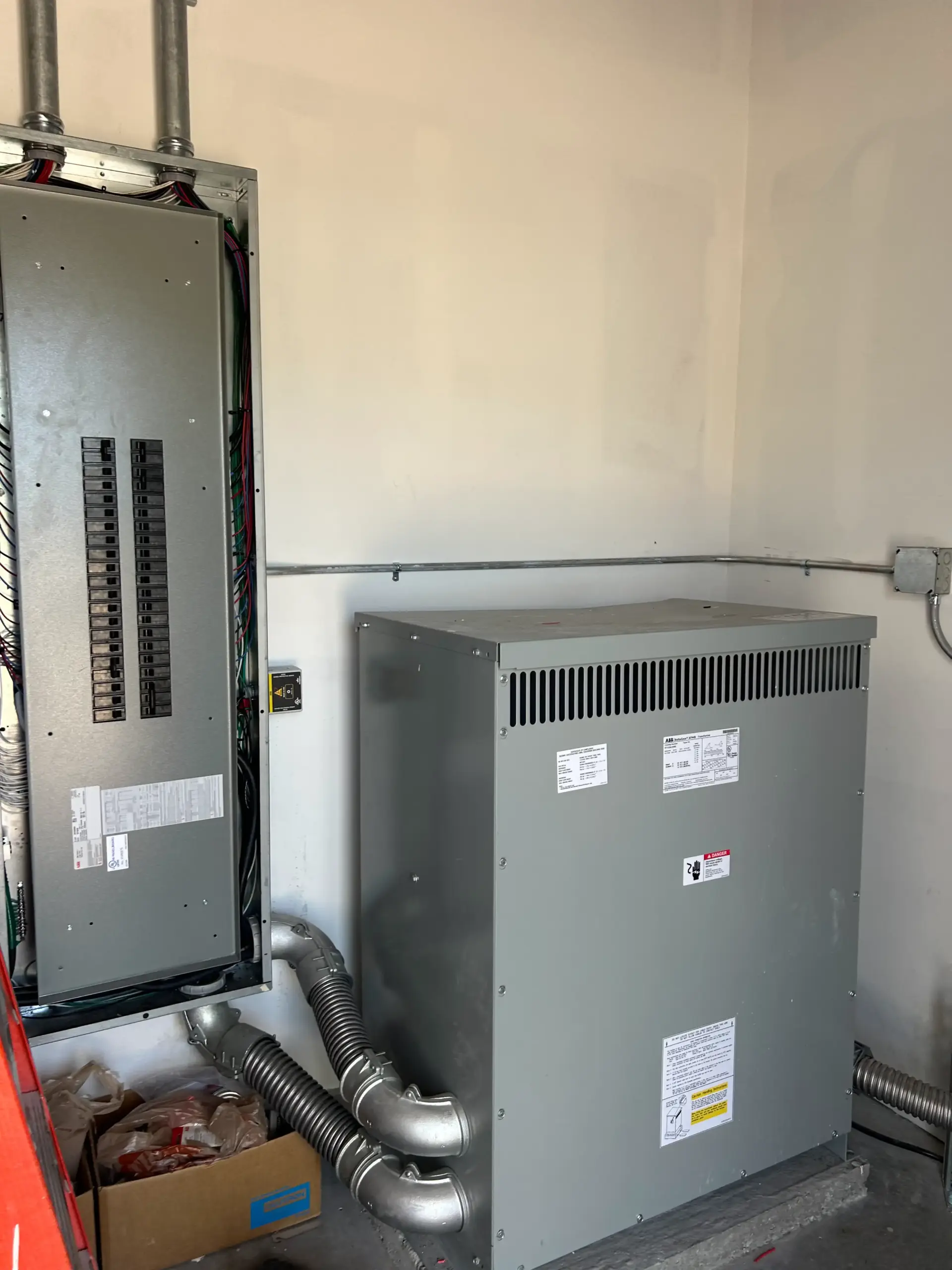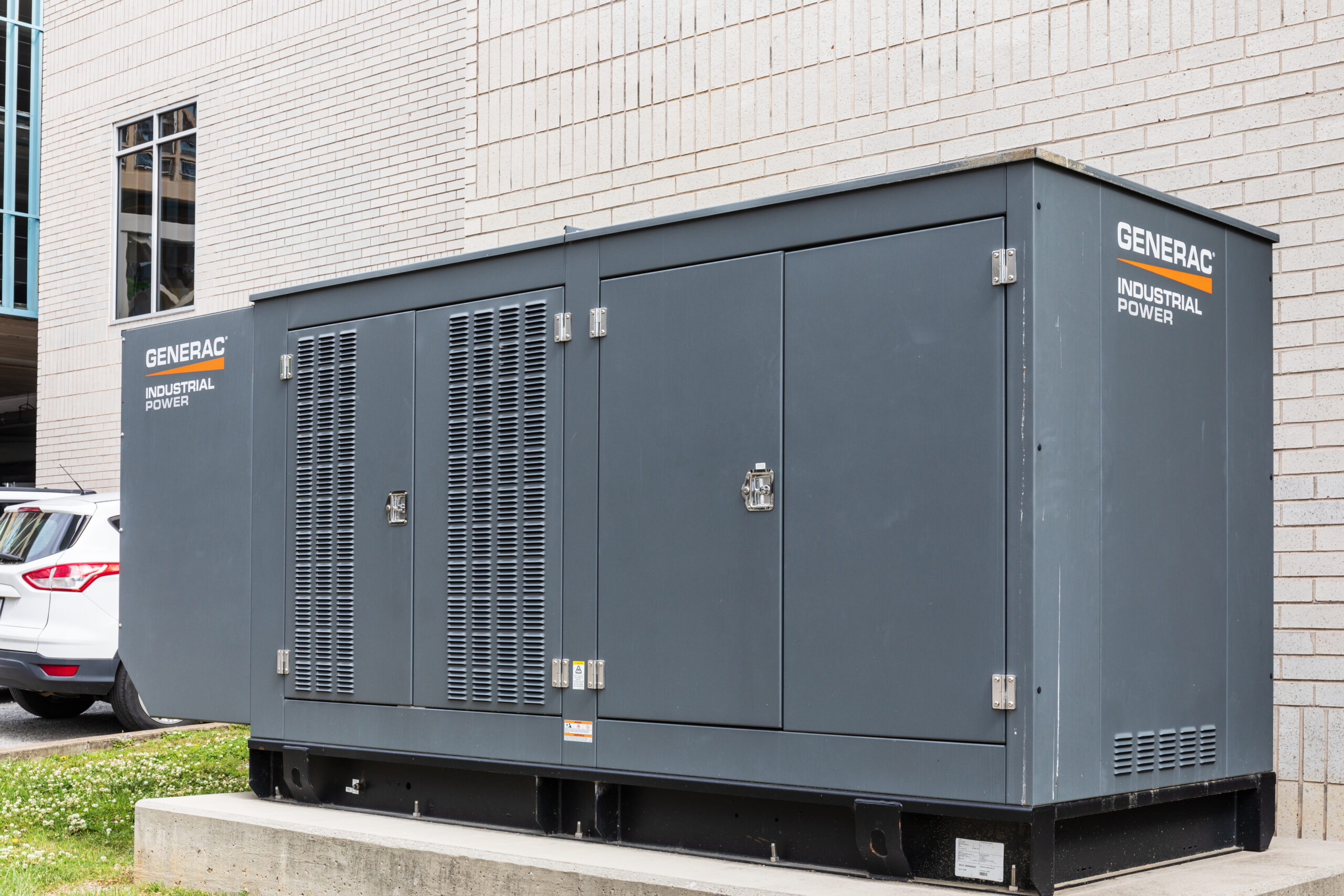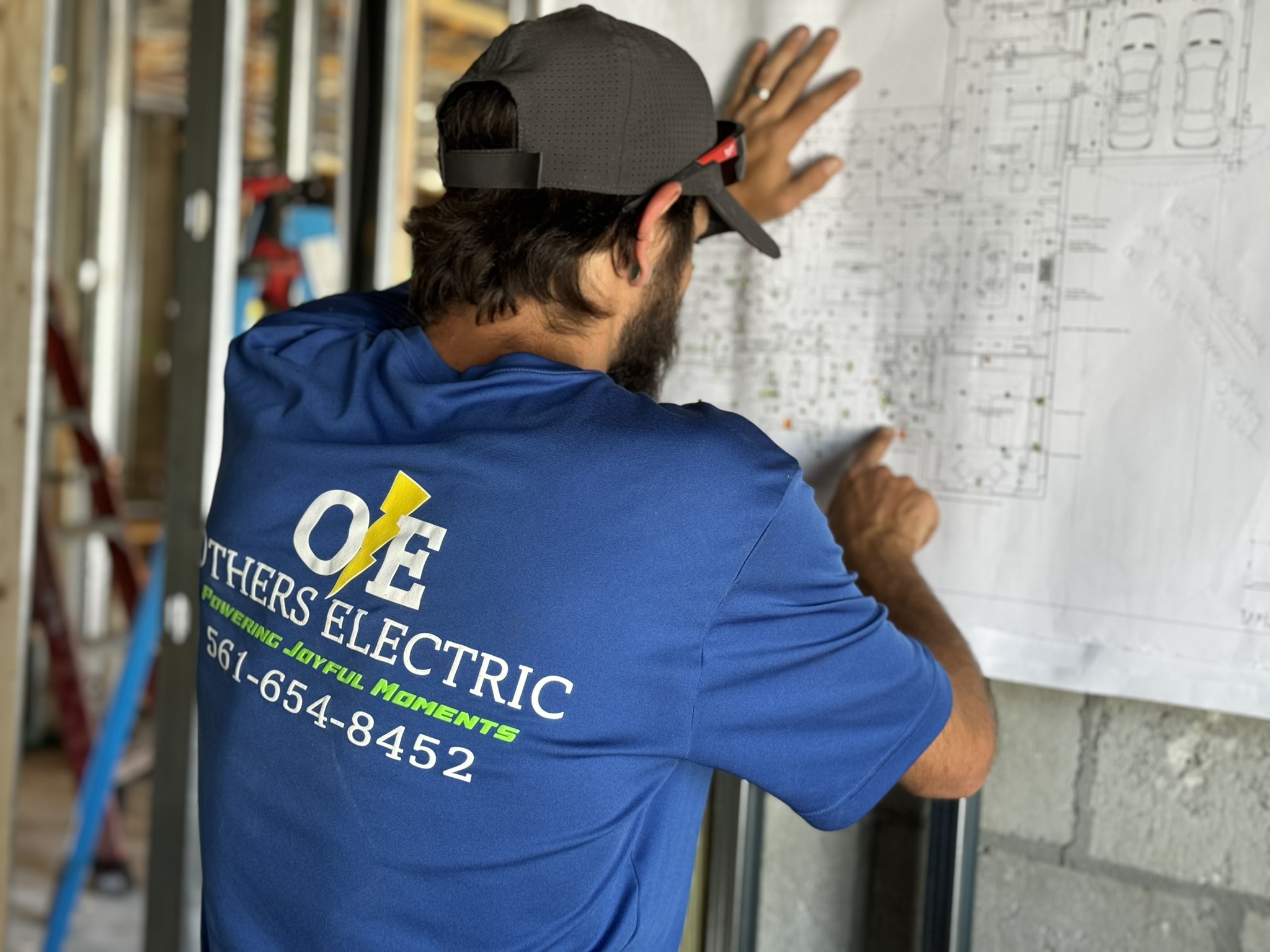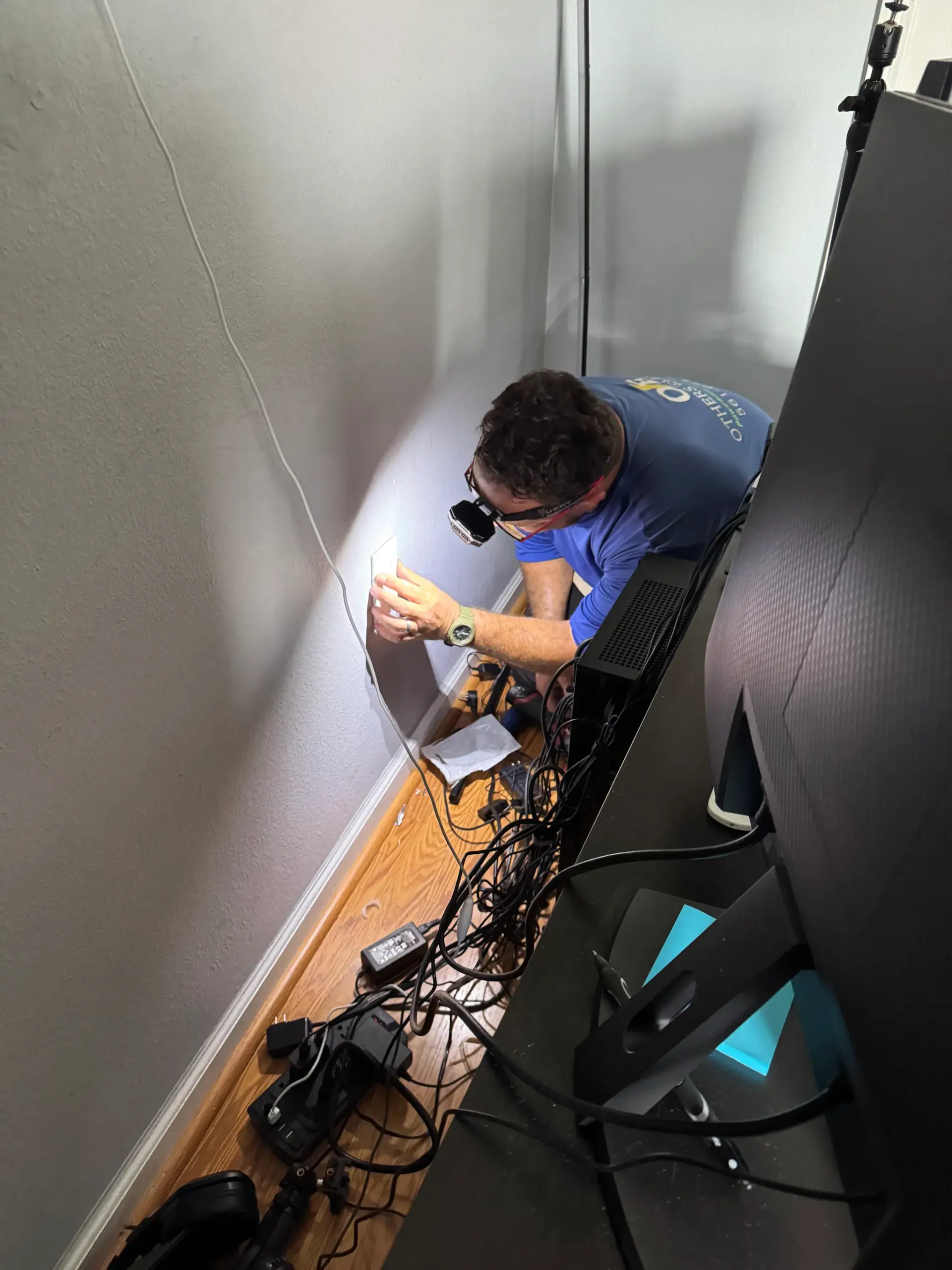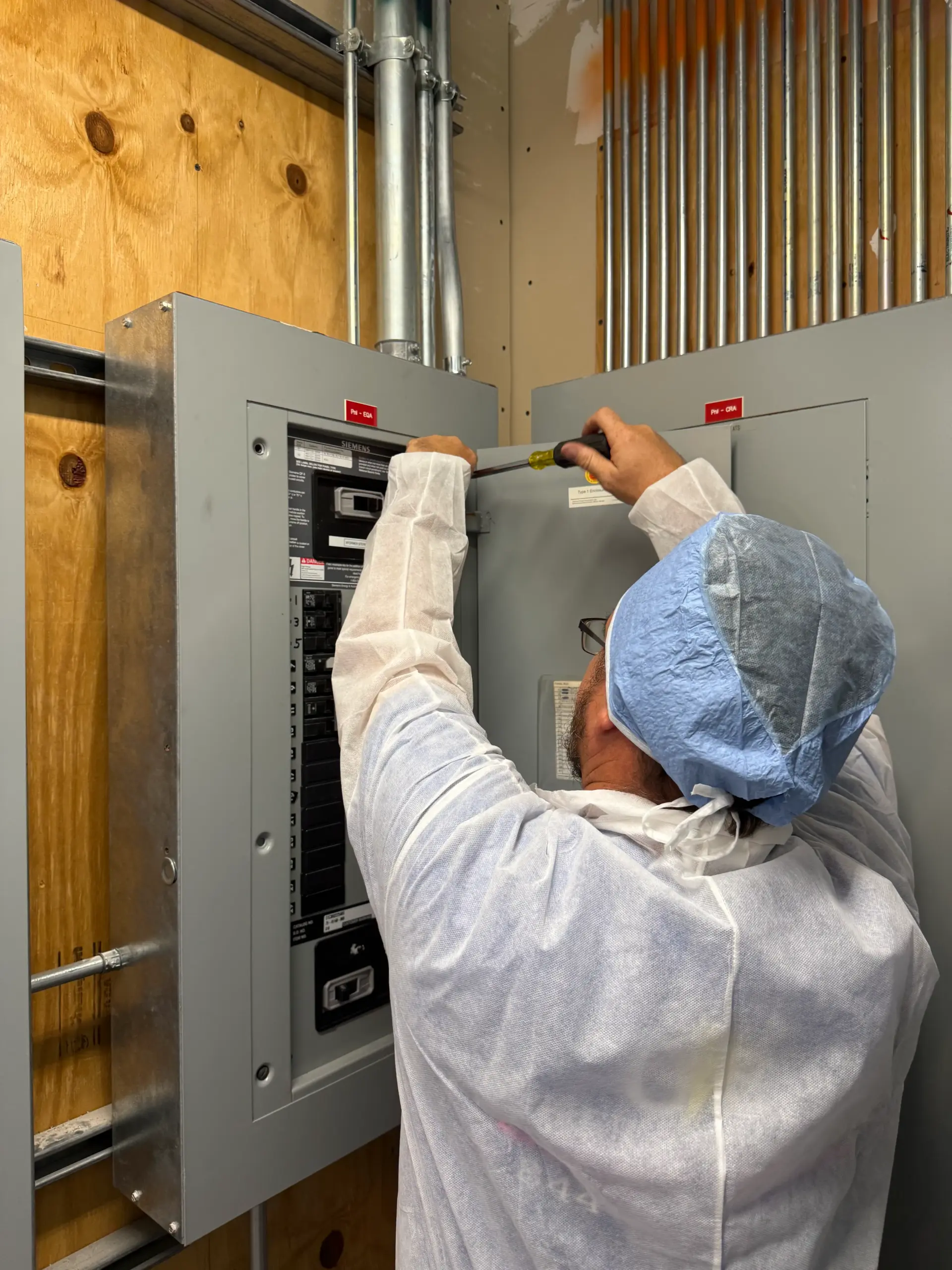Home insurance is a crucial safeguard for homeowners, providing financial protection against various risks and damages. Among the most common questions homeowners ask is whether their insurance policy covers electrical problems. The answer isn’t always straightforward, as it depends on the nature of the issue, the terms of the policy, and the circumstances surrounding the electrical problem. Understanding these nuances can help homeowners make informed decisions about coverage and repairs. You might be wondering does home insurance cover electrical problems, let’s go over this.
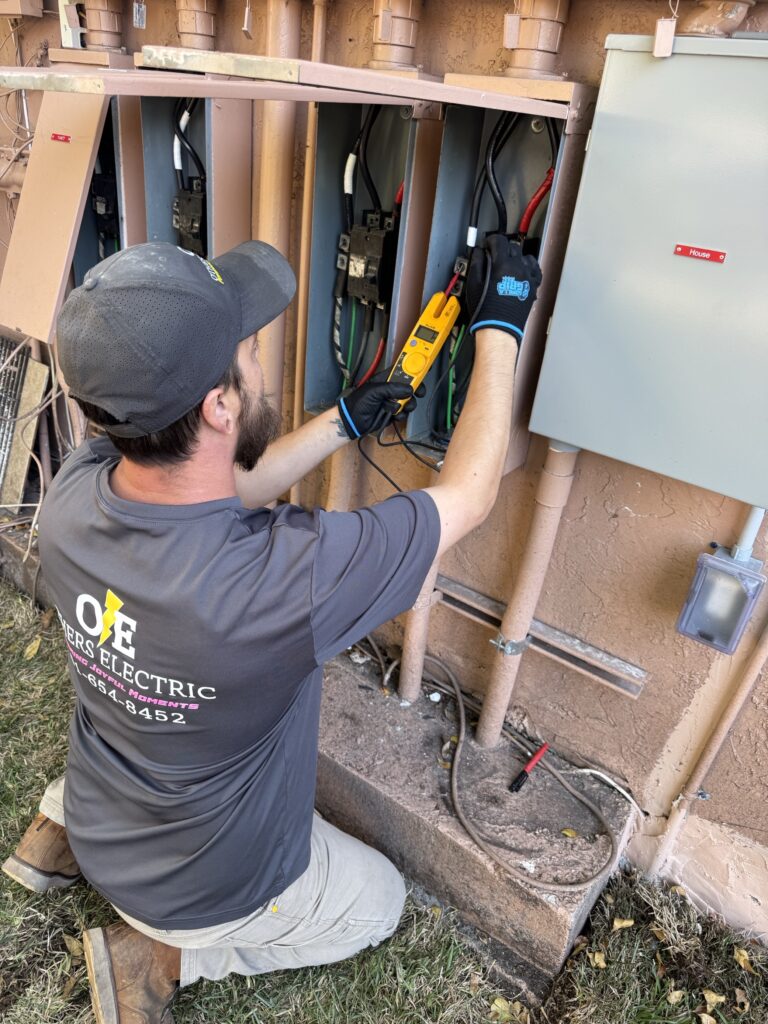
The Scope of Home Insurance Policies – Does Home Insurance Cover Electrical Problems
Home insurance typically covers two main areas: damage to the structure of the home and personal property within it. It also provides liability coverage for accidents that occur on the property. However, insurance policies often include exclusions and limitations, particularly when it comes to specific systems or issues like electrical problems.
Electrical systems are integral to a home’s functionality, powering everything from lighting and appliances to heating and cooling systems. When issues arise—such as faulty wiring, short circuits, or power surges—homeowners may face costly repairs. Whether these problems are covered by insurance depends on the cause and the type of policy in place.

Electrical Problems Caused by Covered Perils
Home insurance policies generally cover electrical problems if they result from a “covered peril.” Covered perils are specific events or circumstances that the policy explicitly protects against. Common examples include:
- Fire Damage: If faulty wiring or an electrical malfunction leads to a fire, the resulting damage to the home and personal property is typically covered.
- Lightning Strikes: Electrical damage caused by lightning is another common covered peril. A lightning strike can overload a home’s electrical system, damaging appliances and wiring.
- Power Surges from External Sources: Some policies may cover damage from power surges caused by external factors, such as issues with the utility provider’s equipment.
In these cases, the insurer may pay for repairs to the electrical system as well as related damage to the home or personal belongings. However, the homeowner may need to demonstrate that the damage was directly caused by the covered peril.
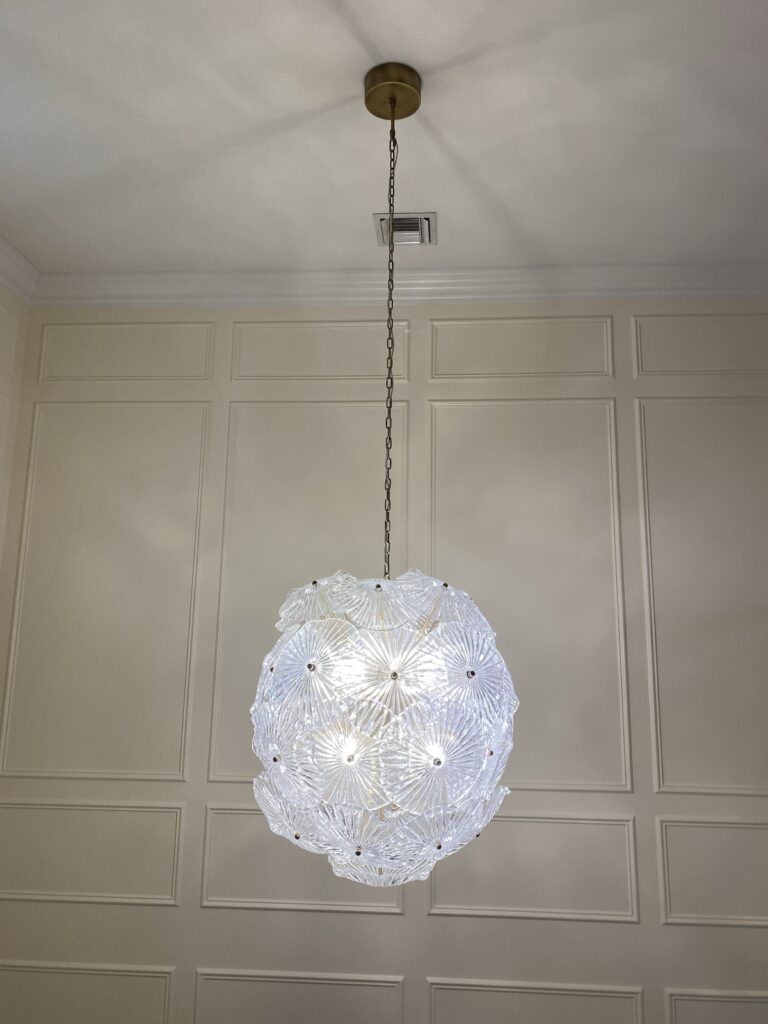
When Electrical Problems Aren’t Covered
Not all electrical problems are covered by home insurance. Policies often exclude issues that arise from general wear and tear, poor maintenance, or pre-existing conditions. For example:
- Aging Wiring: If the home’s electrical system is outdated and the wiring fails, the homeowner is usually responsible for repairs. Insurance policies generally do not cover the costs of upgrading or replacing old systems.
- Improper Installation: Problems caused by unprofessional or incorrect electrical work are typically not covered. Homeowners should ensure that all electrical installations meet local codes and are performed by licensed professionals.
- Neglect or Deferred Maintenance: Damage resulting from neglected maintenance, such as ignoring signs of electrical issues, may not be covered. Regular inspections and prompt repairs can help prevent such exclusions.
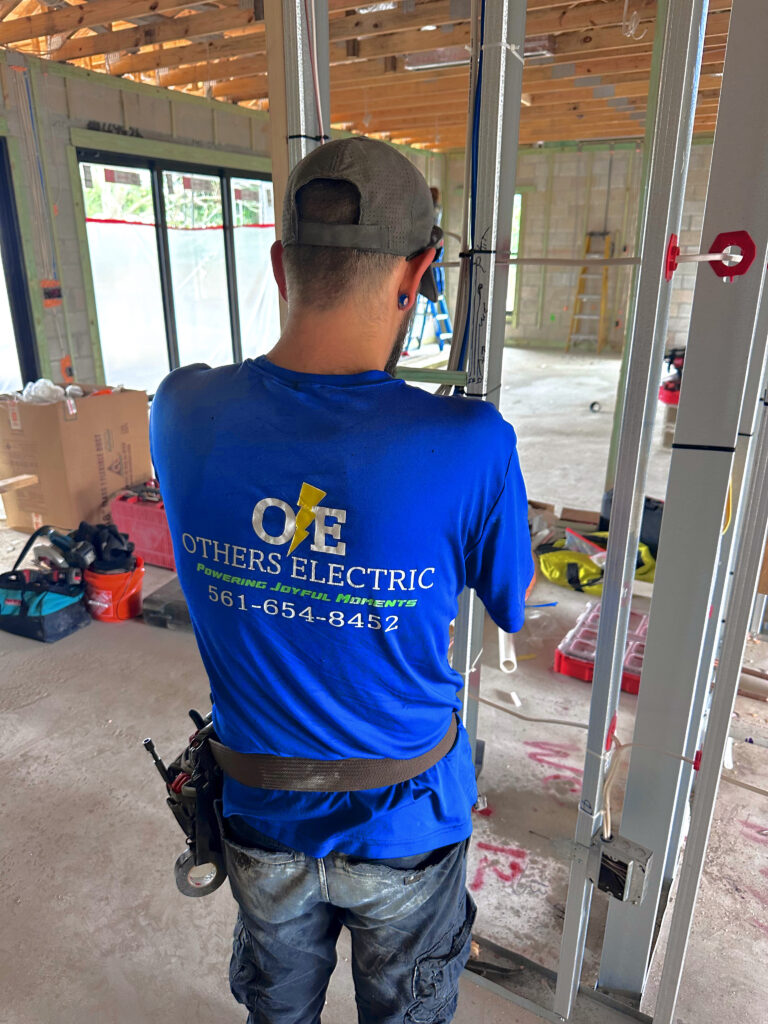
Coverage for Appliance and Equipment Damage
Electrical problems often affect appliances and electronic devices, leading to questions about whether insurance covers these items. Coverage depends on the specifics of the policy and the cause of the damage. For example:
- Surge Damage: Some policies include provisions for damage caused by power surges. If a surge damages appliances or electronics, the insurer may cover repair or replacement costs. However, policies may exclude damage caused by internal surges, such as those originating from faulty wiring.
- Wear and Tear: Insurance does not cover damage to appliances from regular use or aging. For instance, if a refrigerator motor burns out due to old age, the homeowner is responsible for replacing it.
To protect valuable appliances and electronics, homeowners may consider adding specific endorsements or riders to their policy for expanded coverage.
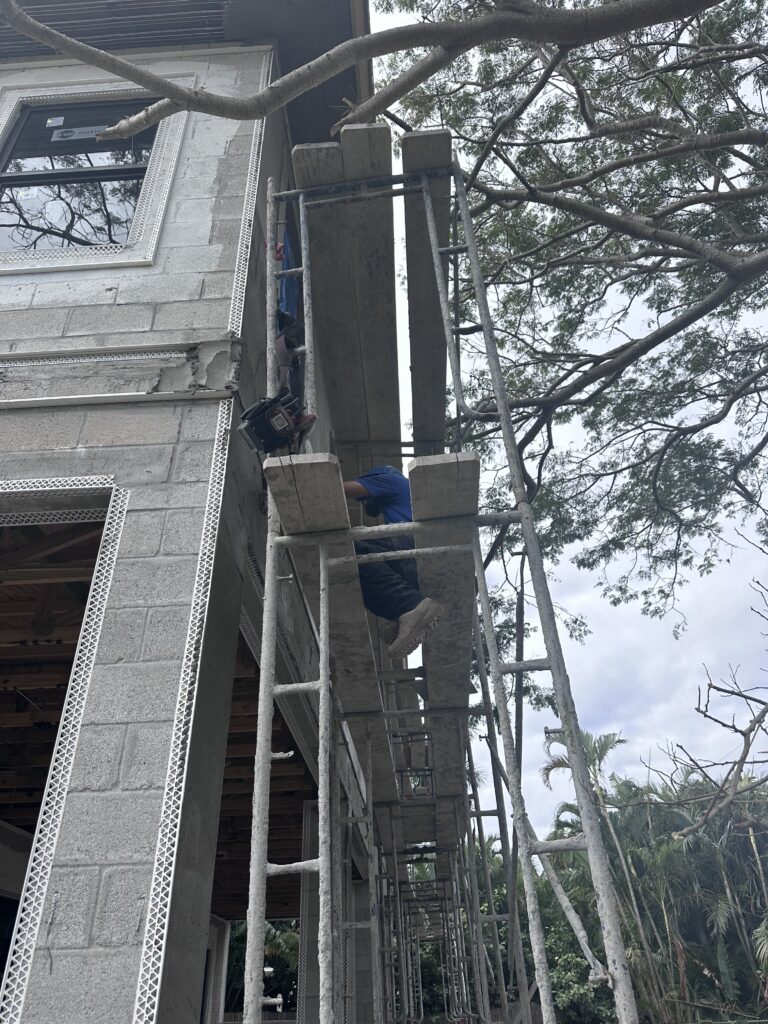
Electrical Fires and Insurance Claims
Electrical fires are among the most serious consequences of electrical problems, often leading to significant damage or loss. Home insurance typically covers electrical fires under the standard terms of the policy. In these cases, the insurer may pay for:
- Repairs to structural damage caused by the fire.
- Replacement of damaged personal belongings.
- Temporary living expenses if the home is uninhabitable during repairs.
However, the insurer may investigate the cause of the fire to determine whether negligence or a code violation contributed to the incident. If the fire results from unpermitted electrical work or failure to address known issues, coverage may be denied.
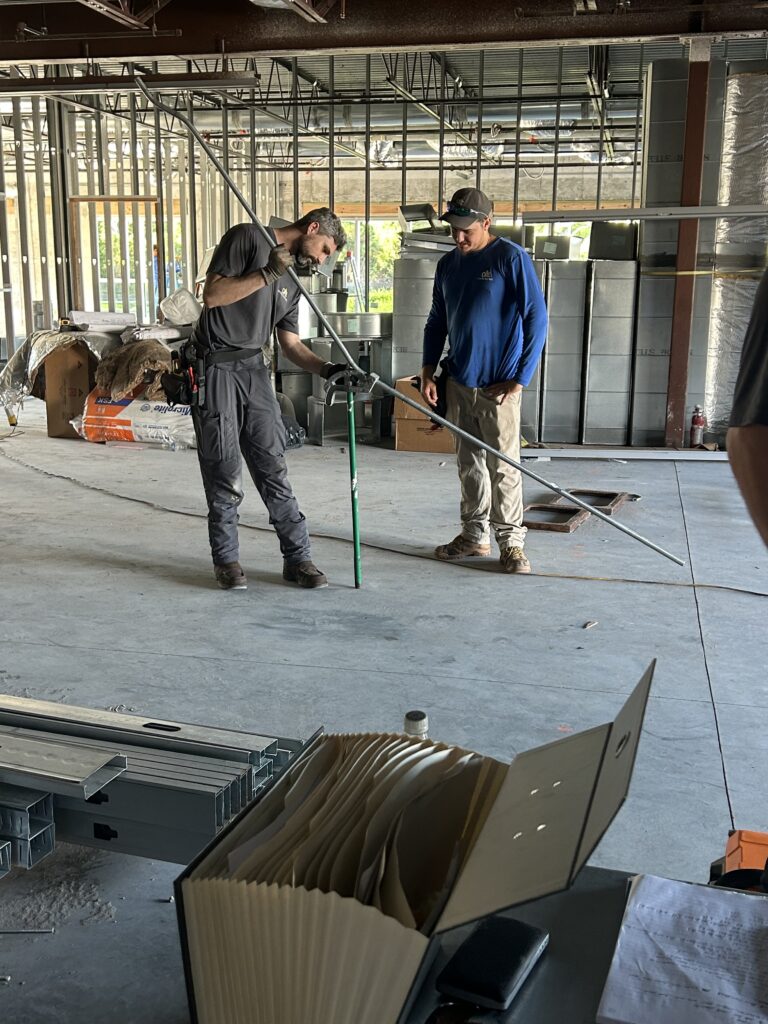
Steps to Take When Filing a Claim
When electrical problems occur, homeowners should take specific steps to ensure a smooth claims process:
- Document the Damage: Take photos or videos of the affected areas and damaged items. This evidence will support the claim and help the insurer assess the extent of the damage.
- Notify the Insurer Promptly: Contact the insurance company as soon as possible to report the issue. Delays in reporting may affect the claim’s outcome.
- Hire a Licensed Electrician: A professional assessment is often required to determine the cause of the electrical problem. Insurers may request a detailed report from a licensed electrician.
- Keep Records of Repairs and Expenses: Save receipts for any repairs, temporary fixes, or additional living costs incurred due to the electrical problem. These may be reimbursable under the policy.
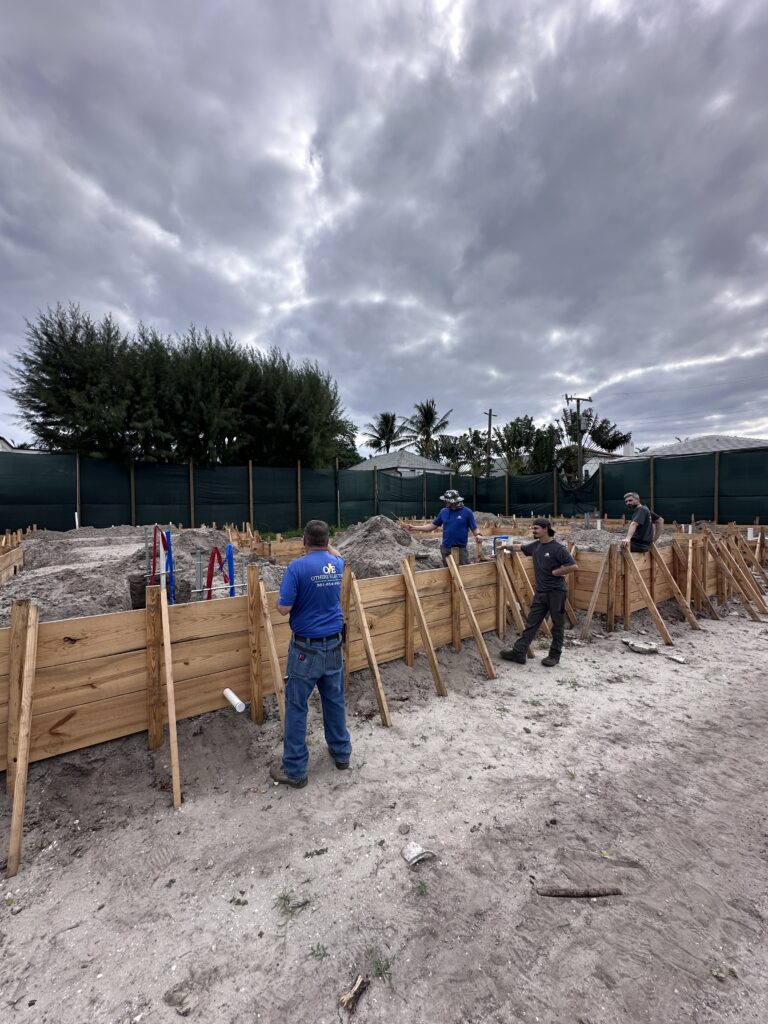
Preventive Measures to Reduce Risks
While home insurance provides a safety net, prevention is always preferable to dealing with damage. Homeowners can reduce the risk of electrical problems by:
- Scheduling Regular Inspections: Periodic inspections by a licensed electrician can identify and address potential issues before they escalate.
- Upgrading Electrical Systems: Homes with outdated wiring or insufficient capacity should consider upgrades to meet modern demands and safety standards.
- Using Surge Protectors: Installing whole-house surge protectors can safeguard appliances and electronics from power surges.
- Maintaining Appliances: Properly maintaining appliances and following manufacturer guidelines can prolong their lifespan and reduce the risk of electrical issues.
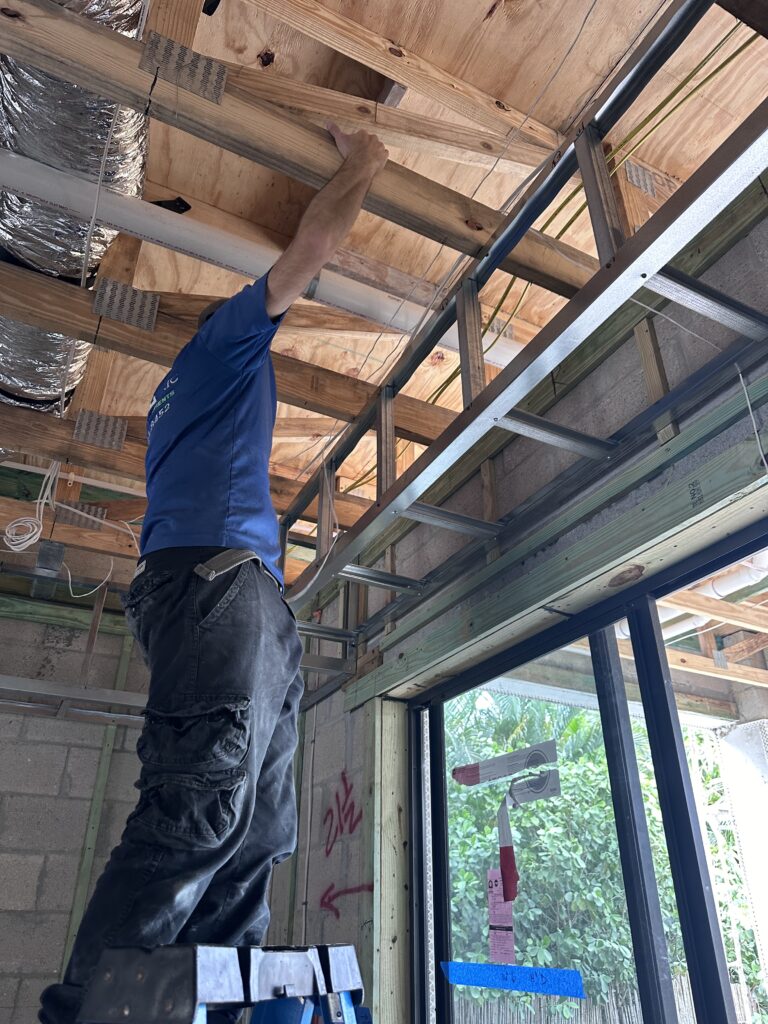
Supplemental Coverage Options
For homeowners concerned about the limitations of standard policies, additional coverage options are available:
- Equipment Breakdown Coverage: This optional add-on covers repairs or replacements for home systems and appliances damaged by mechanical failure, including electrical components.
- Flood and Earthquake Insurance: Electrical problems caused by floods or earthquakes are typically excluded from standard policies but may be covered under specialized insurance plans.
- Service Line Coverage: This endorsement covers the repair or replacement of electrical service lines running to the home, which are often excluded from basic policies.

Conclusion
The question of whether home insurance covers electrical problems depends on several factors, including the cause of the issue, the terms of the policy, and the homeowner’s maintenance practices. While standard policies often cover electrical damage caused by covered perils like fire or lightning, they typically exclude issues resulting from wear and tear, neglect, or improper installations.
Homeowners should carefully review their policy to understand what is and isn’t covered and consider additional coverage options for comprehensive protection. Regular maintenance and proactive upgrades to electrical systems can also minimize risks and ensure a safer living environment.
When electrical problems arise, consulting with a licensed electrician and following the proper steps for filing an insurance claim can help homeowners navigate the process smoothly. Ultimately, understanding the relationship between home insurance and electrical issues empowers homeowners to protect their property and make informed decisions about repairs and coverage. We hope this helps you understand does home insurance cover electrical problems?


